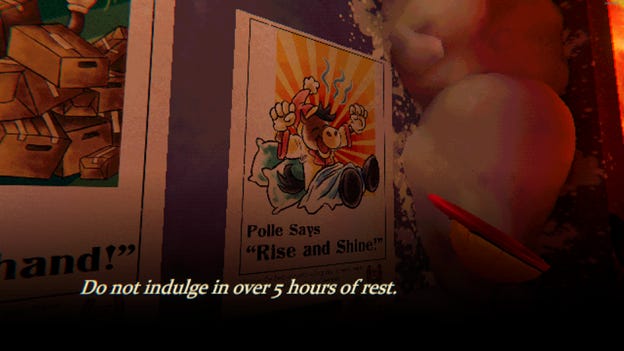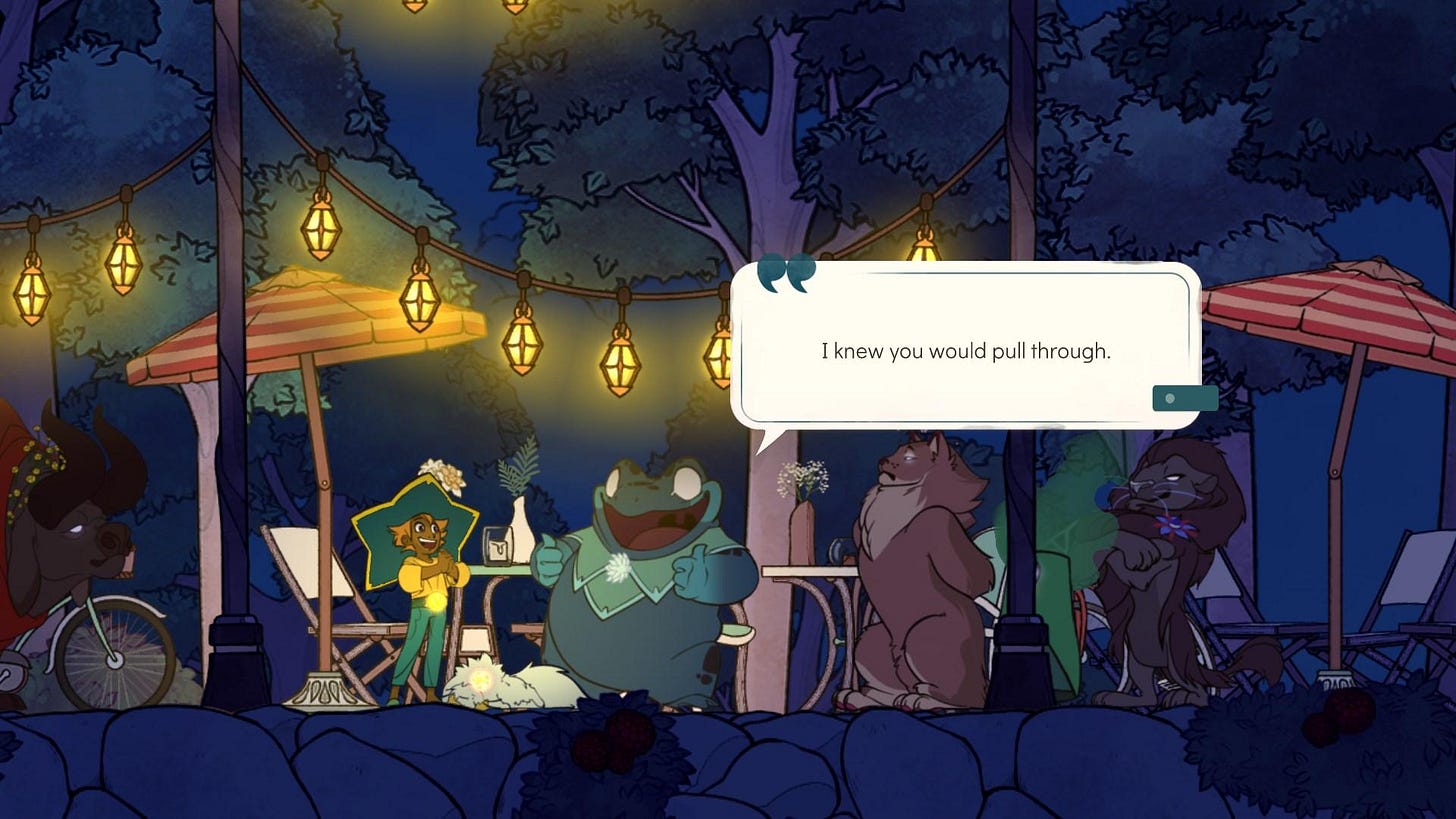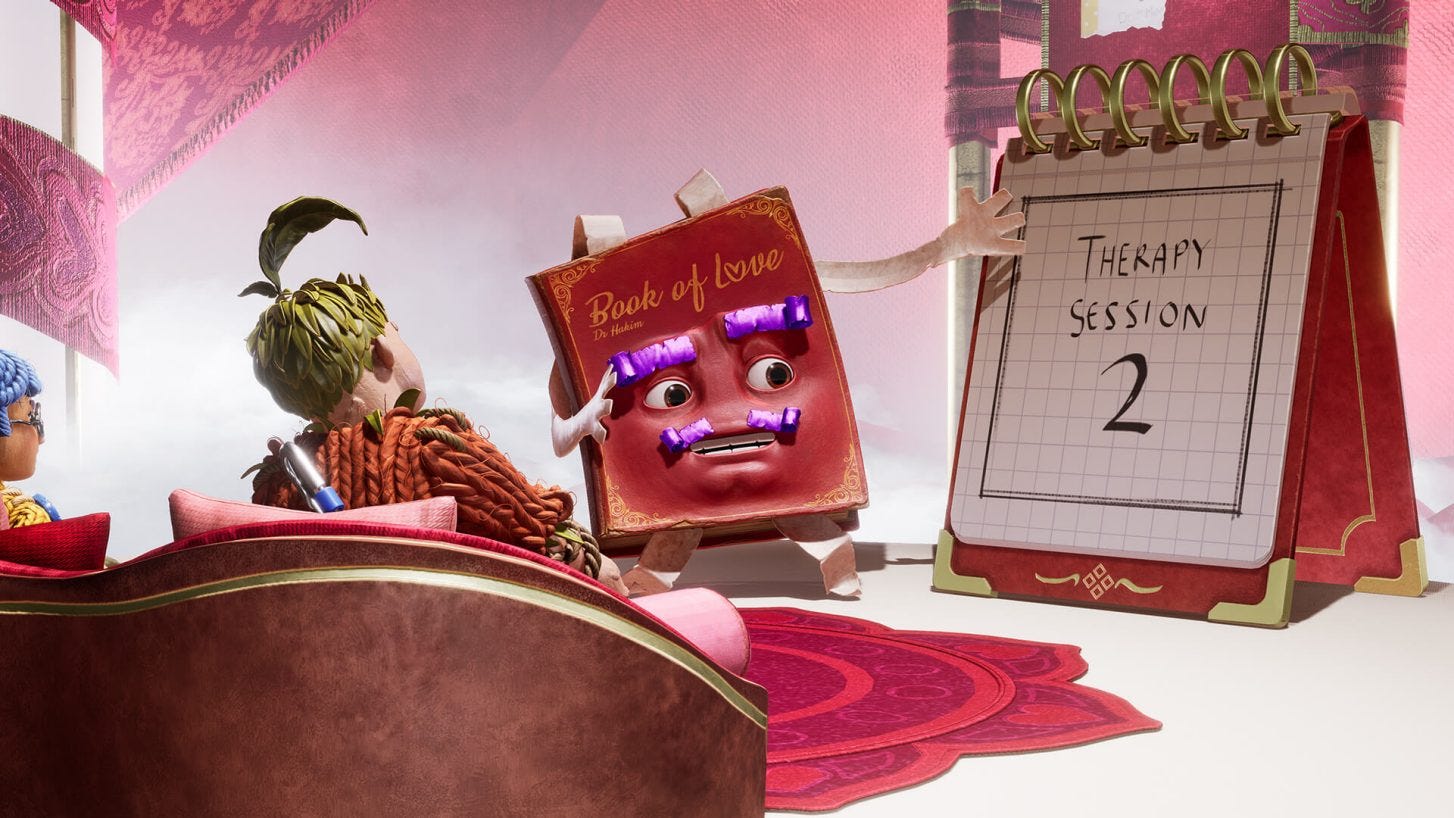Do Games Need To Convey A Message?
Literature is expected to do have a deeper meaning beyond the text, should video games, too?
With the announcement of We Harvest Shadows, the solo developer David Wehle got interviewed and when he said that his game is a “first-person farming horror allegory,” and it struck something in my head. There are many games that deliver a message, and some focus on doing so, but there has always been talk of whether video games should only be a form of entertainment, without learning any morals, delivering messages, being political, etc.
It’s true that games need to be enjoyable before anything, but that can be defined in many ways. Some people like narratives in their games, other people like to jump really quick and really fast through levels, and other people like to punch people online for hours; there are endless ways to enjoy video games. And something can be learned from anything, whether you believe games shouldn’t be political or they should only focus on being fun, there’s no denying that video games have a unique way to convey messages when compared to other mediums thanks to their interactivity.
In We Harvest Shadows, you become Garrett, a depressed person who one day decides to isolate themselves in a farm in the middle of nowhere without telling anyone, which is a damning thing to do to yourself. As someone who deals with that mental illness, the way he thinks and behaves are things that I have also thought of or done. By that, I mean isolating myself from others and talking down to myself, not necessarily moving to a farm in the middle of nowhere. And while it did feel like a fun “cozy horror farming” game, it depicted depression, anxiety, and other debilitating emotions well.
Because the character isolates himself, he created a dangerous environment. That is a strong message, in that we should seek help, and that isolation will only make things worse. Easier said than done, but it’s true.
As I continue to pursue growth in my craft as a writer, I realize that there's an emphasis on conveying a message, being something more than just entertainment.
Just as I was working on my Compare and Contrast essay between Klara and The Sun and Frankenstein, I realized that they both show the need for and importance of compassion for someone to grow fruitfully. Maybe something valuable could be learned from everything.
As writers will sometimes be expected to convey a message, something that could be interpreted or learned beyond the text, maybe games should, too. But as previously said, you can learn a thing from anything if you really try to.
Sonic Adventure 2 has a minigame where you take care of Chaos’ from their birth to their death. The minigame is a pet management game where you nurture your Chao by feeding them, playing with them, taking them to school, and many other parenting duties. From this game, you can take away the fact that nurturing children will foster them to become independent, and successful individuals.

Mouthwashing, developed by Wrong Organ and comes out the 26th of September, is a first-person psychological horror game where the captain of a ship tries to kill himself, but instead ends up maimed and limbless, being kept alive by his crew, while damning his crew to an inevitable death, as the ship now aimlessly floats through space. Through the demo, there’s a lot of implication of the stress the company they work for put on them, all while having a cute mascot that masks their oppressive practices. Connecting the company’s practices to the captain’s and the protagonist’s mental state, it could show the effects corporations can have on people.
Or should games be centered around their message, such as Spiritfarer. A game where you take the role of the Charon, and help spirits fulfill their last wish so they can cross to the other side. The main theme of the game is grief and accepting death as a normal aspect of life. But it also shows that you don’t need endure that hardship alone, as death is a normal aspect of life, you can find comfort within others, or help others find that comfort. And through tasks you undergo in the game, the spirits you help furthers the themes with loneliness, illnesses, death of family members, and many other serious themes. It’s clear that the people behind Spiritfarer, Thunder Lotus Games, had a narrative and message in mind, making this game unforgettable for me and my wife. Yes, we both cried.
It Takes Two is a cooperative action-adventure game the tackles the uncomfortable theme of divorce and how it affects the children involved. And as the title suggests, it takes two not only to complete the levels, but also to make a relationship work. From resentment because one doesn’t feel they’re supported with the passion, to remembering the good times spent together to remind yourself why they love each other to battle the bad moments, this game does a great job of talking about the hardships in a long-term marriage, and the effects it can have on the child, such as them believing the divorce it’s their fault.
Everyone can find a message anywhere they look if they look hard enough. But I believe that for a game to be truly memorable, it needs to be created with a purpose. This isn’t to say that I don’t remember playing Star Wars Episode 1: Jedi Power Battles or Seek and Destroy with my brother, nor will I forget how I played The Urbz, Sims in the City with my sister, but they’re only memorable because of my siblings, not the video game per say. It could be argued that those exact memories were the intentions of the developer, but that would mean that video games are just a form of entertainment and nothing else.
I believe that games can be more than a form of entertainment, that it could be used to shine a light on heavy topics, themes, or events, whether past or current, and while there should be a space for just fun video games, there should be people taking advantage of the unique immersive experiences the media can create. There are many examples for both sides, and both sides are valid. What do you think?








